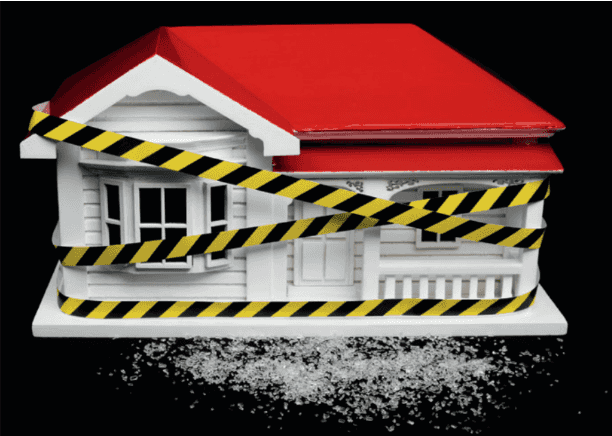
All Change For The Rental Sector
Property managers and treatment of houses contaminated by meth are the focus of new regulations.
30 November 2022
Housing Minister Megan Woods has announced sweeping changes to the rental sector – property managers and the treatment of houses contaminated by methamphetamine are to be regulated.
On top of that, the Healthy Homes Standards deadline for private landlords has been pushed out from 2024 to 2025 from July next year to July 2024 for Kainga Ora. For new or renewed tenancies the time frame is extended from 90 to 120 days.
“Nearly 600,000 households rent in New Zealand and these measures will result in regulated oversight of residential property managers, science-based rules on meth residue testing and a reprieve for landlords in meeting a compliance deadline,” says Woods.
The government is aiming to introduce a bill to Parliament by the middle of next year.
The new regulations property managers and property management companies will have to meet include compulsory registration and a licence, a fit and proper person test, a training course before entering the job, undergoing continuing professional development, practice standards and a complaints and disciplinary process.
Tenants or landlords will be able to complain about the behaviour of property managers and under the proposal put out earlier this year it suggested fines of up to $40,000 on an individual could be levied, or $100,000 on an organisation.
Nearly 600,000 households rent and about 40 per cent of rental properties are under property managers who are unregulated.
Woods says the new legislation fulfils a 2020 Labour Party manifesto commitment to regulate residential property managers.
“Sometimes tenants are vulnerable to poor behaviour from residential property managers, especially in a tight rental market. This means that like many other professions such as real estate agents, builders and lawyers, they will have conduct and competency standards to abide by and if they don’t they can be held to account.”
METH TESTING
The Government will consult and regulate on contaminated former meth houses. This will include the amount of methamphetamine residue that is harmful, testing, decontamination and what to do with affected possessions.
She says under National the issue was a dog’s breakfast and hundreds of tenants were evicted from their state houses through pseudo-science. The government is cleaning up “the mess”.
“While the witch hunt on public housing tenants stopped under this government and the former chief science adviser Sir Peter Gluckman’s 2018 report resulted in a more scientific approach to residue dangers, it’s time to settle the rules once and for all.
“We have proposals that are informed by science on screening, testing and decontamination, with clear obligations for landlords,” says Woods.
In the proposals a maximum acceptable level of surface methamphetamine residue is proposed to be set at 15 micrograms per 100 square centimetres, which is also the level which a property needs to be decontaminated back to, or below.
“This level of residue is consistent with the findings of Sir Peter Gluckman’s report and advice from ESR,” says Woods.
“The sector needs certainty on what level of methamphetamine residue requires decontamination, so making regulations to clarify this is a priority.”
Once relevant regulations are in place, landlords will not be able to knowingly rent premises that are contaminated above the prescribed levels (as set out in the regulations), without decontaminating in accordance with the regulations. They will be liable for a penalty of up to $4,000.
Consultations were expected to start on November 22.
HHS EXTENSION
Reasons given for the extension of the HHS include the pandemic causing supply chain and tradespeople disruptions. The range of products that have experienced disruptions include heat pumps for private landlords. They have been and continue to be difficult to source and install within the existing 90-day window.
Woods says it makes sense to be pragmatic as most landlords are genuinely trying to comply with their obligations but are at risk of breaching because of issues outside their control.
The change means private landlords have one more year to comply, and the time frame for compliance for a new or renewed tenancy shifts from 90 days to 120 days.
“We are monitoring how the private sector is tracking for compliance; the last survey in 2021 indicated 85 per cent of private rentals met, or had action underway to meet the standards.”


